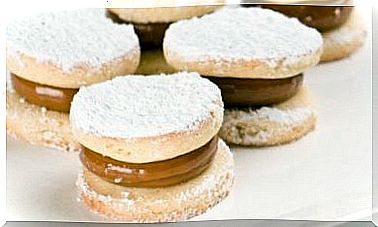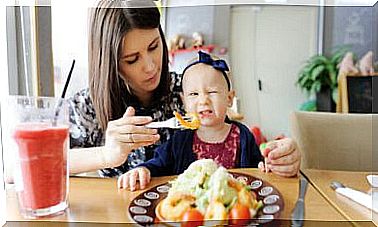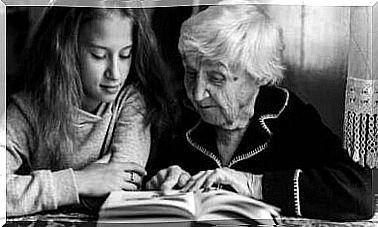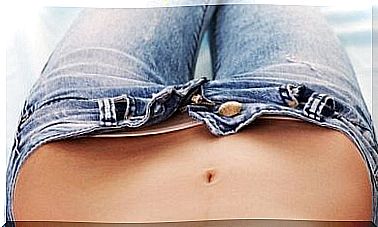Constipation In Baby: Causes And Solutions
For parents, one of the things that hurts the most is seeing how a child suffers and not being able to do anything about it, and even more when it comes to a baby . If you have a newborn and he is having difficulty defecating it is very likely that the baby has constipation. It is necessary to know if your child really has constipation and to know how you can help him so that the problem does not get worse.
Especially if you are a first-time mother, you will want to see your baby smiling and happy all the time… when a baby eats and defecates well, things are guaranteed to go a good way. Stools, while not pleasant, are something parents should watch out for, it means a baby is not constipated …you can’t even imagine how much joy it is to see a little poo in a diaper.
When the baby is regularly taking care of his needs, it is a sign that he is eating well enough and that he will grow up healthy. However, when the baby does not defecate, it is a matter of great concern; if you can’t figure out what the cause of constipation might be, then you should consider a few things.
The causes of constipation in babies
Although it is rare for a baby on a liquid diet to become constipated, it can happen. It is more common in babies who are being fed special (formula) milks because the stools can become harder than with breastmilk feeding. Some of the causes could be:
- If your baby has an allergy to milk or an intolerance, you can end up with constipation.
- A milk with a special formula could also do away with this problem.
- If the mother eats foods that cause constipation and is feeding the baby breast milk.
- It is from six months onwards when pediatricians advise to start including foods in the baby’s diet, because from that age onwards there may be different foods that contribute to causing constipation.

How To Treat Baby Constipation
You will need a change of special milk or a mother’s diet to be able to fight the baby’s constipation. Solid foods (which usually cause constipation) can also help, such as fruits, vegetables, pears or broccoli. If possible, give your baby the food in pureed form.
When a change in diet doesn’t help you should see your pediatrician as soon as possible and not try homemade methods that you’re not sure will actually work. The doctor may suggest a few things, such as:
- Rectal stimulation using a cotton swab with a little olive oil, with a rectal thermometer also with olive oil at the tip. This usually helps to stimulate the anus to expel stool.
- It may also advise the use of a glycerin suppository.
- Another possible suggestion would be some natural plant-derived laxative that the doctor advises. In short, don’t test things you don’t know.

Things you should be aware of about baby constipation
It is important that you take into account the times your baby needs; this usually occurs shortly after each meal, especially in breast-milk babies. Stool consistency is the key to defining the constipation of breastfed babies.
Instead of making gummy stools, they can be like little clay balls. However, a breastfed baby is unlikely to suffer from constipation.
Babies who are formula-fed or when taking solid foods can change stool consistency as well as frequency. Babies from 0 to 4 months of age tend to poop 3 or 4 times a day, then with solid foods, it reduces to once a day.
Both the absence of stools and changes in them (change in frequency, hard poop, the baby struggles to do it, blood in the stool, the tummy is very hard, it hurts the stomach, refusal to eat) can be a sign of constipation , and a solution must be sought quickly. Constipation is very uncomfortable and the baby may feel sick and cry more than usual because he is irritated by the pain.









